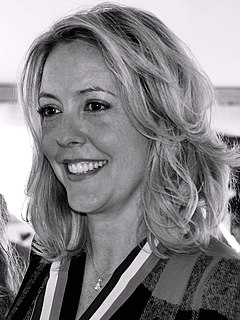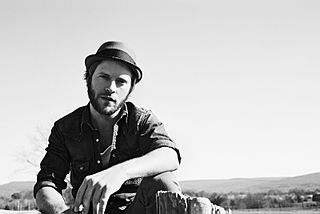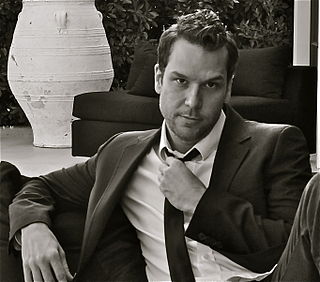A Quote by Ruth Glick
Is it better to go indie and make bigger profits on each book, or stick with a print publisher's 6%-10% royalties? Since I never could figure out what I wanted to do when I grew up, I'm hedging my bets and working both sides of the street.
Related Quotes
In the war time many of the publishing houses were privately owned, a single publisher or a publisher and a few associates who were responsible for everything. They could take whatever risks they wanted, could essentially publish what they liked according to their taste. Publishers today are working for big corporations. They have different pressures. I don't think they can make decisions quite as independently as they used to be able to. They have more corporate and financial responsibilities weighing on them. They're not free to go broke or go to jail.
I'm not interested in the being the next indie hipster scene or in how skinny my jeans can be. That's not my thing. I'm interested in arenas. That was the magic of the music I grew up listening to. Being a rocknroll front man is all I've ever wanted since I was 10 years old. I give it everything I have.
When you're working with film, you can only shoot one angle at a time, and then everything has to stop, and you re-light it and shoot everything else from the opposite side, so it's really important that you stick exactly to what's written. But with the multi-camera digital setup, you're getting both sides of the scene at the same time, so it gives you that freedom to go off-book.
I know things are going to get better in spite of both sides. Then when things do get better, then you'll hear the yell that will go up. The Democrats will swear that recovery was due to them. Now the Republicans, they'll say it was due to them. Nobody wanted to claim the credit for the country blowing up, but wait until it starts picking up and they'll both be on it then. See?
I wrote "Win" for people on both sides, legitimately on both sides. If you're a Democrat listening to this right now, you - the whole playbook is in this book. If you're a Republican, and you're frustrated because Barack Obama is a great communicator, the playbook is in this book. And if you're a corporation who wants to satisfy his - their employees, how to do it is in this book. And finally, if you're an employee and you want to get a raise, whether at NPR or anyplace else, it's in this book.






































